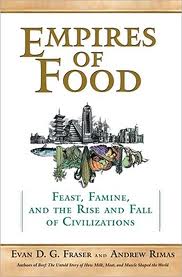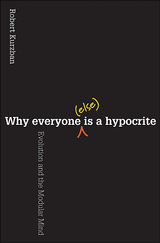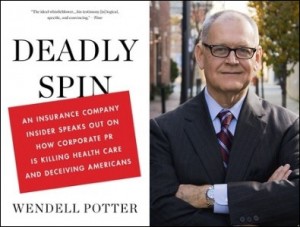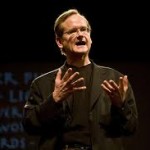 Internationally renowned environmentalist Lester Brown has been assessing the health of the earth’s ecosystems for more than two decades. Over that time he has seen increasing signs of breakdown until we are now facing issues of near overwhelming complexity and unprecedented urgency. Can we change direction before we go over the edge? In his new book World On The Edge, Brown attempts to illuminate a path toward preventing environmental and economic collapse.
Internationally renowned environmentalist Lester Brown has been assessing the health of the earth’s ecosystems for more than two decades. Over that time he has seen increasing signs of breakdown until we are now facing issues of near overwhelming complexity and unprecedented urgency. Can we change direction before we go over the edge? In his new book World On The Edge, Brown attempts to illuminate a path toward preventing environmental and economic collapse.
Recorded February 9th, 2011
WORLD ON THE EDGE: Preventing Environmental and Economic Collapse
Lester Brown, president of the Earth Policy Institute, a D.C. research organization, discusses his new book, World on the Edge: How to Prevent Environmental and Economic Collapse.
For two decades, Lester Brown has been assessing the state of planet’s well being. How does he analyze the current status of the Earth’s ecosystems? Dramatic events have already altered the status quo for populations across the globe. Given the loss of wheat, due to the 2010 record summer heat wave in Russia, will future generations of farmers be able to feed 8 billion people? What solutions does Brown propose to restore the Earth’s health?
Author of 20 major books alerting the public to possible environmental problems, Lester Brown is widely perceived as the nation’s leading environmental writer. E.O. Wilson, in his supporting note on the book cover writes: “If the 2007 Nobel Peace Prize has been extended to a third recipient, the logical candidate would have been Lester Brown.” Brown has received numerous prizes, including a MacArthur Fellowship, the U.N. Environment Prize, Japan’s Blue Planet Prize and twenty-five honorary degrees.
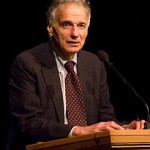 Political activist and consumer advocate Ralph Nader discusses his latest book Only the Super Rich Can Save Us! Described as a work of imagination, but not of fiction, Nader’s newest book challenges our vision of the American dream.
Political activist and consumer advocate Ralph Nader discusses his latest book Only the Super Rich Can Save Us! Described as a work of imagination, but not of fiction, Nader’s newest book challenges our vision of the American dream.

